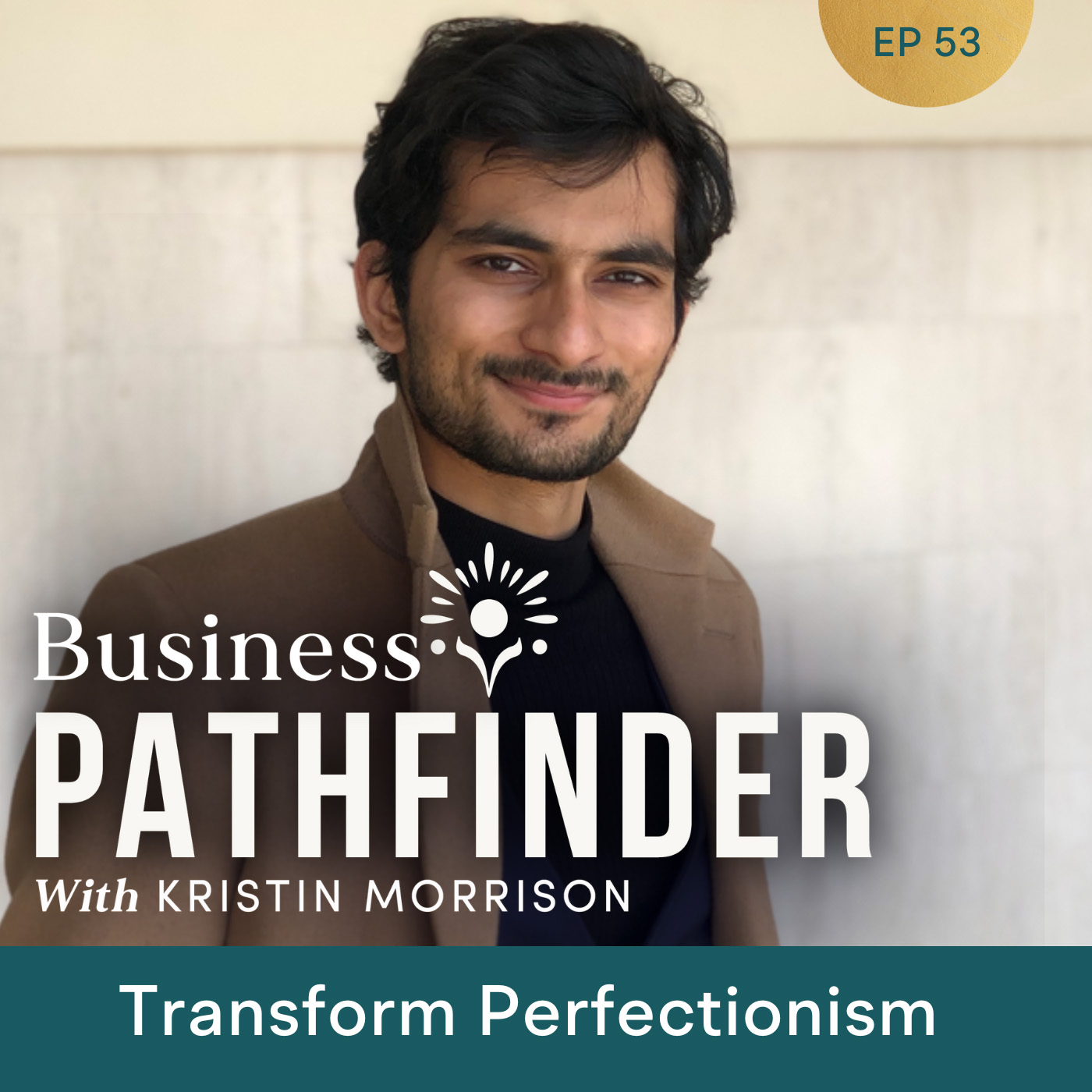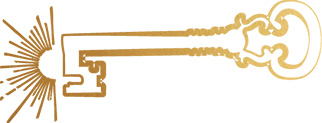This is the second coaching session with Boston software developer and educator, Ebaad, who is orginally from Pakistan.
You’ll hear me work with Ebaad around his perfectionism as it relates to running his business and living his life.
When I reached out to him a few days after the coaching session to ask him to sum up his synopsis of what he gained from this second coaching session, here’s what he wrote:
– Childhood Influence on Perfectionism: Discuss how perfectionism often stems from childhood experiences where there were high expectations regarding academic performance, moral purity, particularly in religious households. This creates a framework for judging oneself in adulthood.
– Real-life Yardstick: Address how the standards set in childhood are applied in real life, leading to unrealistic self-assessments and the pursuit of unattainable goals.
– Guilt as a Driving Force: Explore the notion that guilt, stemming from the gap between self-expectation and reality, fuels perfectionism. This guilt arises from not meeting the ideal self-image from childhood, which may not align with practical life.
– Inherent Impossibility of Perfection: We discussed the inherent futility in some standards of perfection, such as always being first in a class of 30, or adhering flawlessly to religious doctrines. Highlight the impossibility and the external factors beyond one’s control.
– Illusion of Control: we talked about how perfectionism can be a misguided attempt to exert control over life, and how this often leads to a cycle of guilt and dissatisfaction because total control is unachievable.
– Perpetual Cycle of Perfectionism and Guilt: Delve into how this creates a self-perpetuating cycle, where the inability to achieve perfection leads to guilt, which in turn fuels further perfectionistic tendencies.
Quote: “And now that you don’t have to be perfect, you can be good.”




















